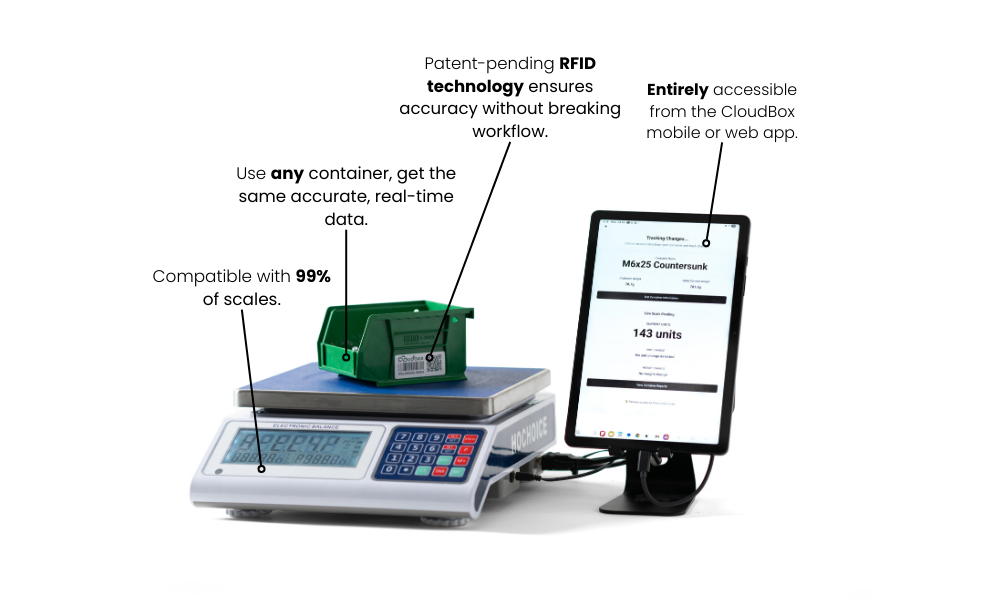
The cannabis industry is one of the most tightly regulated markets in the world, and dispensaries must operate within a web of ever-changing rules and guidelines. Compliance isn’t just about avoiding penalties, it’s about building trust with customers, regulators, and the broader community. In 2025, staying ahead of compliance can give your dispensary a significant competitive edge. Here are the best practices dispensaries should implement to ensure they remain compliant and prepared for regulatory changes.
1. Designate a Compliance Officer
Having a dedicated compliance officer ensures that someone is always monitoring regulatory updates and integrating new rules into your operations.
- Responsibilities include tracking legislation, updating internal policies, and liaising with regulators.
- This role can be in-house or outsourced to a compliance consultancy.
Key Benefit: Continuous oversight reduces the risk of compliance gaps and regulatory violations.
2. Implement Comprehensive Seed-to-Sale Tracking
Seed-to-sale tracking systems are the backbone of cannabis compliance. They ensure that every product’s journey from cultivation to point of sale is documented and traceable.
- Integrate tools like METRC, BioTrack, or Flowhub with your POS and inventory systems.
- Regularly audit the system to ensure data accuracy and completeness.
Key Benefit: Ensures accurate inventory records and supports compliance with state tracking requirements.
3. Schedule Regular Internal Audits
Internal audits help identify compliance gaps before they become legal issues. Regularly auditing your dispensary's operations helps ensure that all processes meet regulatory standards.
- Conduct monthly or quarterly audits on inventory, sales records, security protocols, and staff training.
- Use third-party compliance consultants like Simplifya for objective audits.
Key Benefit: Early detection of compliance risks reduces the chance of penalties during official inspections.
4. Maintain Robust Record-Keeping Practices
Record-keeping is at the heart of compliance. Dispensaries must maintain detailed records of sales, inventory, employee training, security measures, and more.
- Use cloud storage solutions like CloudBox to securely store compliance documents, audit trails, and operational records.
- Establish document retention policies in accordance with state laws.
Key Benefit: Having readily accessible records demonstrates transparency and facilitates smooth audits.
5. Keep Staff Trained and Informed
Your staff is on the front line of compliance. Ensuring they understand the regulations and how to follow them is critical.
- Provide regular training on compliance, safety, and customer service.
- Partner with platforms like Green Flower for up-to-date cannabis compliance training programs.
Key Benefit: Well-informed employees reduce the risk of inadvertent non-compliance and improve overall customer service.
6. Stay Updated on Regulatory Changes
Cannabis regulations evolve frequently. Staying informed ensures your dispensary adapts to new requirements before they become issues.
- Subscribe to newsletters from industry associations like NCIA or Marijuana Policy Project.
- Use compliance tracking tools like Simplifya that notify you of regulatory updates.
Key Benefit: Staying ahead of regulatory changes prevents last-minute scrambles to meet new standards.
7. Conduct Mock Inspections
Simulating inspections can help your team prepare for real ones. Mock inspections identify weaknesses in your compliance protocols and give staff experience handling regulator interactions.
- Schedule these annually with third-party compliance experts.
- Use the results to update SOPs and staff training.
Key Benefit: Boosts confidence and preparedness for official inspections.
8. Leverage Technology for Compliance Automation
Automating compliance processes reduces human error and increases efficiency.
- Integrate compliance software with your POS, inventory, and HR systems.
- Utilize reporting dashboards for real-time compliance status checks.
Key Benefit: Automation ensures consistency, reduces manual tasks, and provides instant insights into compliance health.
Final Thoughts:
Compliance in the cannabis industry is non-negotiable, but it doesn’t have to be a burden. By implementing these best practices, your dispensary can not only avoid penalties but also build a reputation for integrity and professionalism. Proactive compliance management is an investment in your dispensary’s long-term success, helping you stay ahead in an evolving market.
.avif)

.png)




.png)

.png)
.png)




